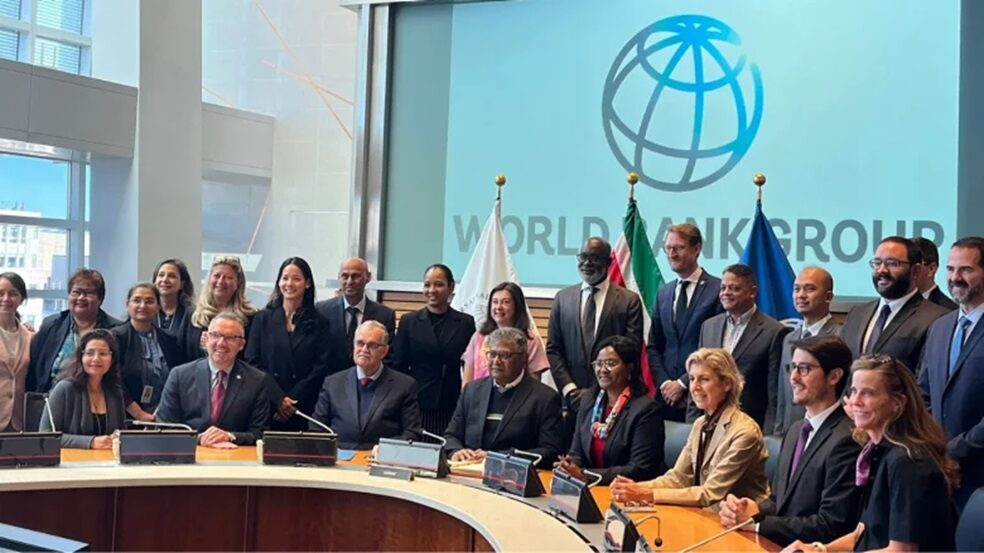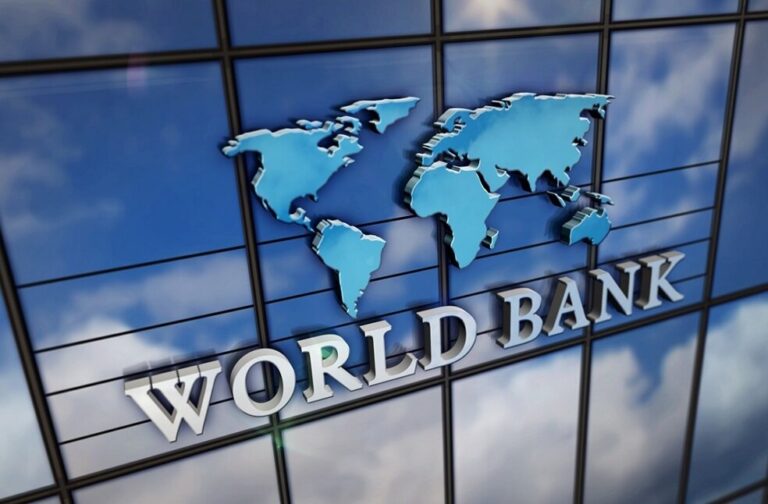Seoul: The World Bank has successfully raised nearly $24 billion in a new funding round to support its concessional lending arm, the International Development Association (IDA).
The funds, which include loans and grants, will help the World Bank leverage up to $100 billion in total spending power, marking a significant increase in its ability to assist the world’s poorest nations.
Donor countries committed a total of $23.7 billion, a slight increase from the previous round three years ago, where $23.5 billion was raised. These funds will be used by the World Bank to borrow from financial markets, allowing the institution to amplify its resources by four times and generate a total of $100 billion in loans and grants for developing nations.
In a show of global solidarity, @WorldBank Group and partner governments have committed $100 billion to replenish @WBG_IDA, the world’s largest source of development finance for low-income countries. https://t.co/6EtX7m2guv #IDAworks #IDA21 pic.twitter.com/HotzvZKAH8
— World Bank (@WorldBank) December 6, 2024
“We believe the historic success of this IDA21 replenishment is a vote of confidence and support from donors and clients,” a World Bank statement read, referring to the current IDA funding round.
World Bank President Ajay Banga emphasised the importance of the replenished funds, saying they would be used to support 78 countries most in need, including those grappling with economic instability, climate challenges, and poverty.
IDA funding plays a crucial role in supporting low-income countries and is the largest source of concessional climate finance, accounting for two-thirds of all IDA funding in the past decade.
The funding is essential for addressing urgent development challenges, especially in Africa, which has been a major beneficiary.

The replenishment process, held every three years, relies heavily on financial support from major donor countries, including the United States, Japan, and European nations like the United Kingdom, Germany, and France.
The IDA’s mission is vital in helping developing countries stabilise their economies, create jobs, and improve resilience to climate change.
Over the years, 35 countries that once relied on IDA assistance, including China, Turkey, and South Korea, have graduated to middle-income status and are now contributing as donors.



